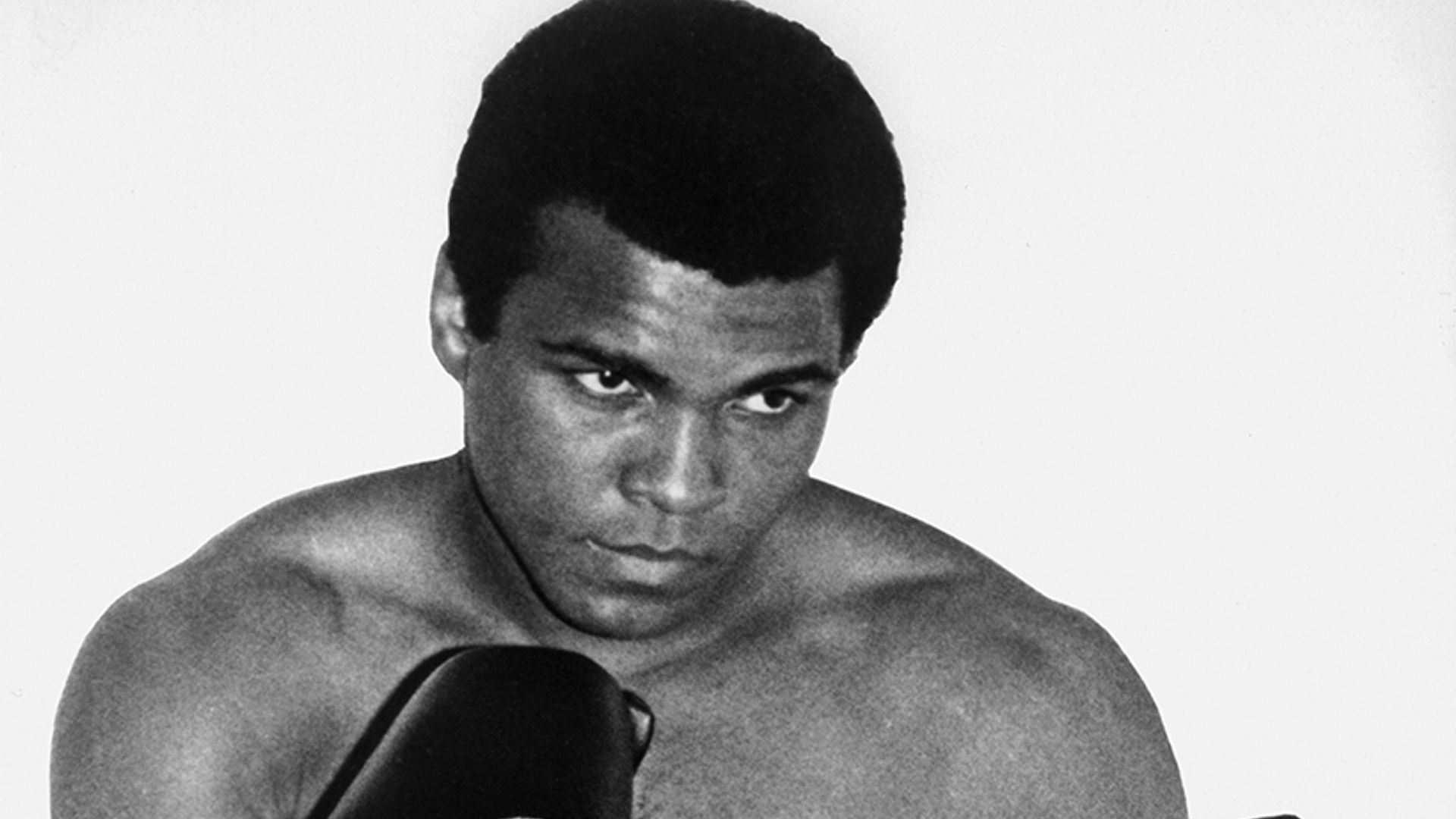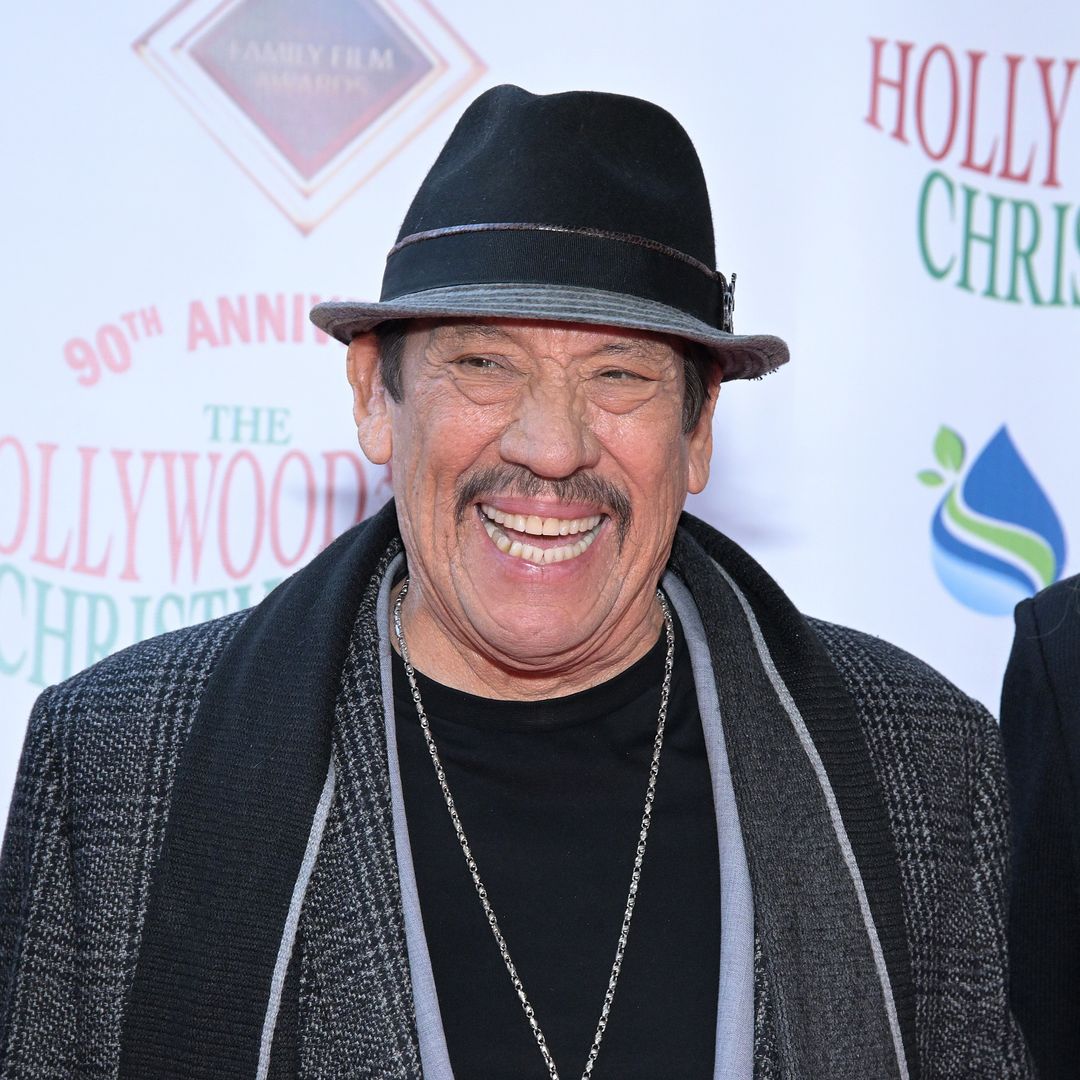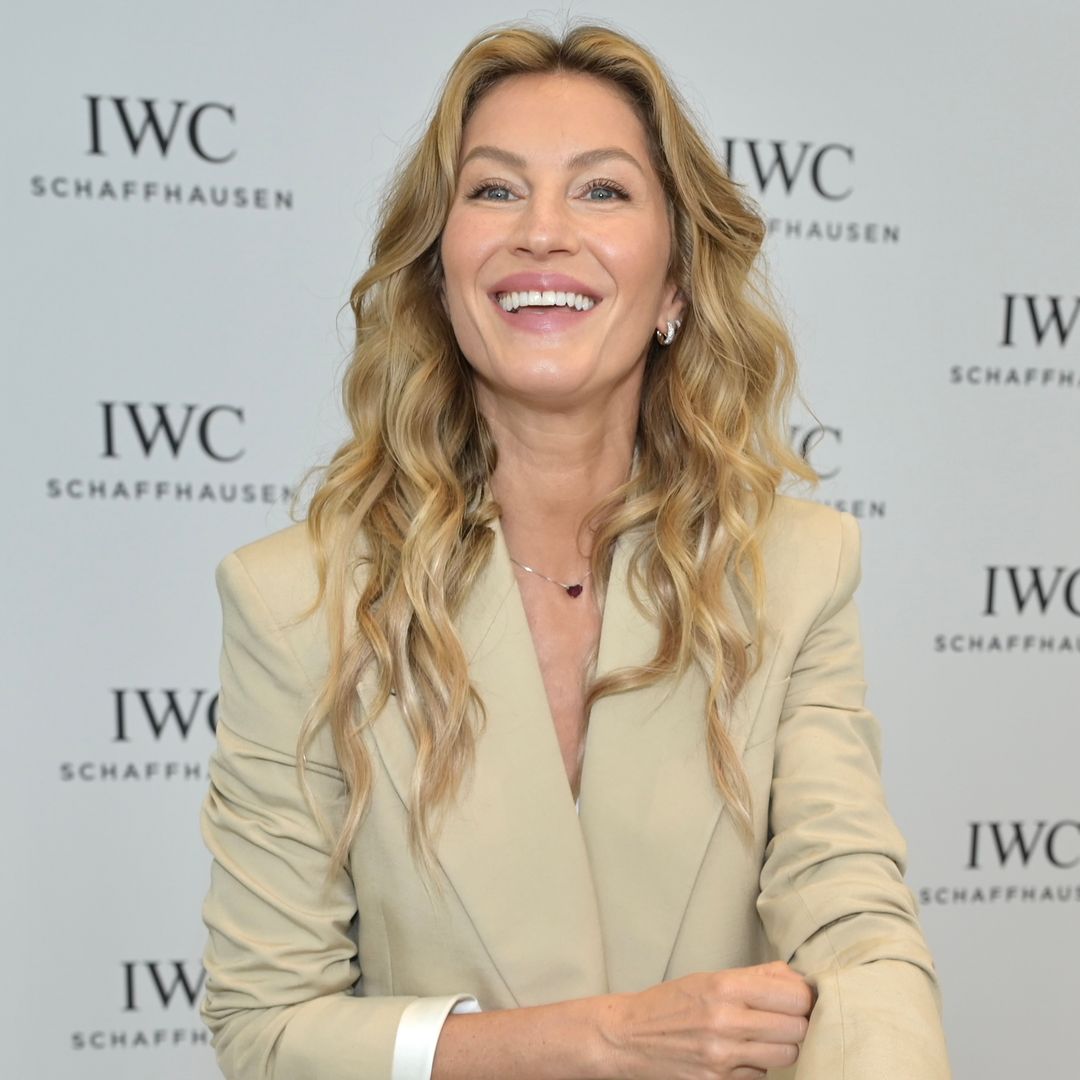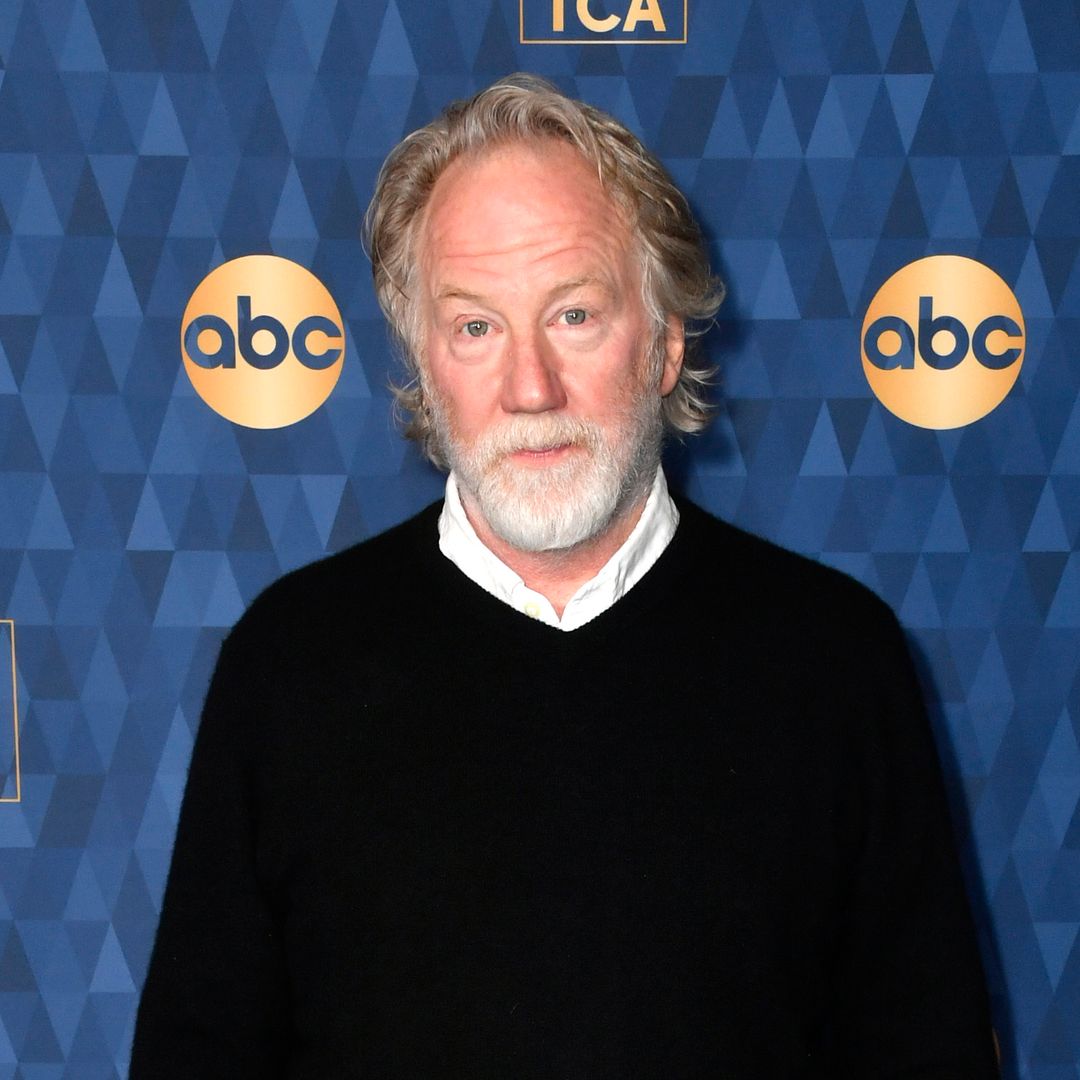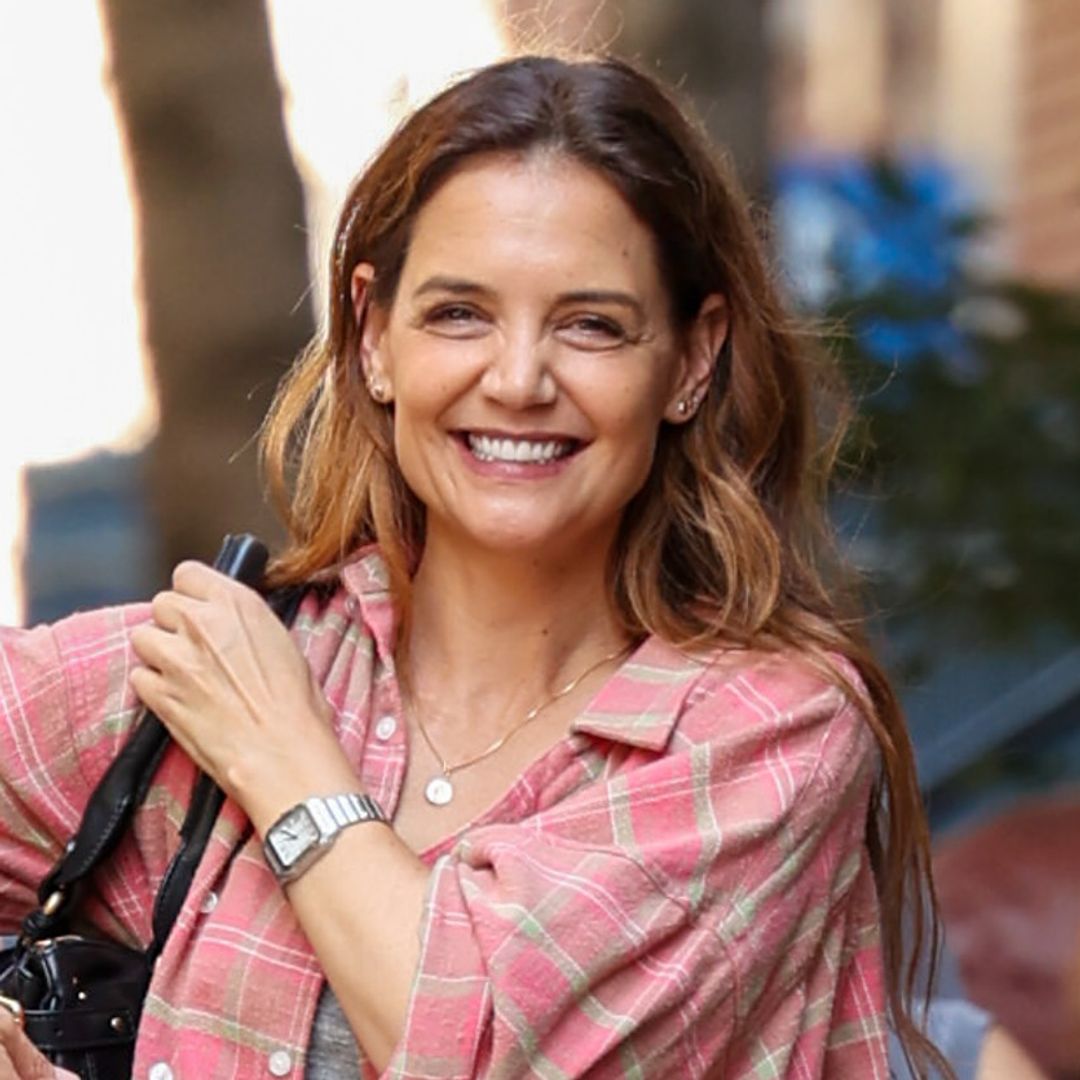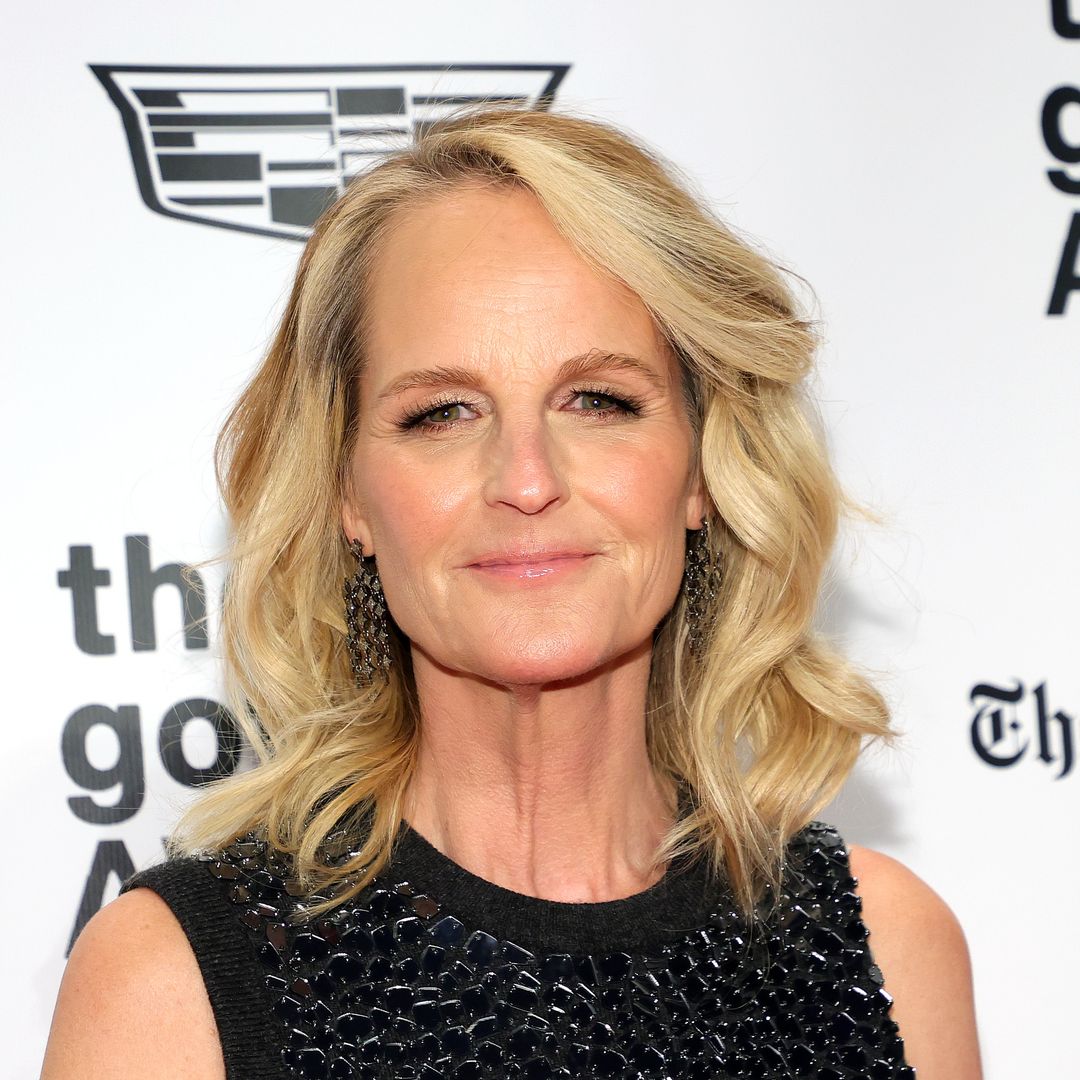Muhammad Ali, the lightning quick boxer who became a giant of popular culture, has died at the age of 74, a family spokesperson has confirmed.
The legend passed away at a hospital in Phoenix, Arizona after battling Parkinson's disease for three decades, and his funeral will take place in his hometown of Louisville, Kentucky.
CLICK TO VIEW GALLERY
Muhammad Ali has passed away
Earlier this year in June 2016, Muhammad's spokesperson confirmed that the boxing star was being treated in hospital for respiratory issues. He was said to be in a "fair condition" but stayed in hospital for precautionary measures.
Before that, Muhammad was most recently hospitalised in January 2015 following a severe urinary tract infection.
Following the news of his death tributes were led by world champion boxer Floyd Mayweather, who said: "There will never be another Muhammad Ali. The black community all around the world, black people all around the world, needed him. He was the voice for us. He's the voice for me to be where I'm at today."
Tributes for the boxing legend have been pouring in from all around the world
In the last years of his life the sportsman all but disappeared from the public eye, only occasionally releasing pictures of himself on Twitter. His absence from the spotlight did not dim the adoration for him felt by millions around the world.
The boxer's last major engagement was at the 2012 Olympics in London. Dressed in white and debilitated by disease but not in spirit, the hero provided some of his old magic to the opening ceremony.
It followed a series of celebrations for his 70th birthday a few months earlier.
At the time Lonnie, his fourth wife, said her husband had mixed feelings about the milestone. "He's glad he's here to turn 70, but he wants to be reassured he doesn't look 70," she said.
The vanity was typical from a man who regularly described himself as "pretty" and told the world right from the outset: "I am the greatest."
Muhammad regularly proclaimed: "I am the greatest"
He was a feared competitor in the ring with a swagger like no other. The three-time heavyweight champion had the skill and power to back up his boasts, and more than that – he had an unshakable belief in himself and his principals. That was what made him much, much more than a sportsman.
He was articulate, compelling, and passionate in equal measure because he was driven by his convictions. Not only was he a role model to voiceless African-Americans, but to everyone who was ever challenged over their principles. It was almost as if his fighting ability and his beliefs went hand in hand.
Normally, such declarations lose their power when put to the test. But Muhammad Ali was different.
After joining the Nation of Islam in 1962, he converted to Islam and was given the name Muhammad Ali. From that moment on he was nigh on unstoppable and he was as unrelenting away from sport.
It's a proclamation he repeated again and again until it became reality. One trainer remembers an exasperating train journey from California to Texas with the boxer, then an 18-year-old kid, shouting out of the carriage: "I am the greatest" to the fields and the sheep. "I figured that if I said it enough, I would convince the world that I really was the greatest," he once admitted.
Instead, the champion was stripped of his titles and banned from boxing. But he vowed to fight on. "If my constitutional rights are upheld, I will be forced to go neither to the army nor jail. In the end I am confident that justice will come my way for the truth must eventually prevail," he said.
Had he just gone ahead and signed up – one of the military bosses remarked – he might not have even been sent to Vietnam; he would probably would have ended up coaching the army boxing team. Elvis Presley managed to make three films while on active service and romance his future wife Priscilla.
He was a man of many names. Born Cassius Clay in 1942 – the son of a billboard painter and a maid – he was also nicknamed "The Louisville Lip" and "Gaseous Cassius".The monikers came from his habit of talking himself up and baiting his opponent before the match. He would even regularly correctly predict in which round he would bring down the other contender.
The sportsman pictured with The Beatles
Not even the threat of five years in the federal penitentiary made him relent, and he was arrested.
The Louisville, Kentucky-born powerhouse even argued as he boxed, wearing down the opposition until he had the upper hand, before rushing in to demolish them in a flurry of punches.
Muhammad converted to Islam in 1962
He almost threw away his career when he took a stand against the Vietnam war in 1967.By actively refusing to be drafted – proclaiming cheekily: "I ain't got no problem with them Vietcong" – he showed he was willing to go to jail to make his point.
Asked towards the end of his life how he would like to be remembered, he replied: "He took a few cups of love, one teaspoon of patience, one tablespoon of generosity, one pint of kindness, and stirred it up well and served to each and every deserving person."
The sporting hero was also known as "The Louisville Lip" and "Gaseous Cassius"
It wasn't until 1971 that the Supreme Court finally recognised him as a conscientious objector, by which time he had sacrificed years of his prime. Time magazine wrote him off: "It appears unlikely that Clay – still indisputably the best heavyweight in the world – will ever again be a championship contender," was its assessment.But he did come back. In 1971 he fought undefeated champion Joe Frazier in a bout billed as 'The Fight of the Century' for record earnings of £1.7million. He lost, but would beat the boxer in their 1974 rematch, 'The Rumble in the Jungle'.Later that year, he toppled George Foreman in 'The Thriller in Manila', reclaiming the world heavyweight title that was stripped away from him in 1967.And the world's most famous athlete kept fighting long after he stepped out of the boxing ring – working tirelessly to raise millions for the fight against Parkinson's disease. He was diagnosed in 1984 and used his star power and friendships to further the cause.
Muhammad pictured with Halle Berry at his fundraising event
Power and influence didn't dazzle him though. At glitzy events, with celebrities lining up to meet him, he would often head to the kitchen to thank the staff, saying: "There are important people in here to meet, too. "In his prime he sparked as much controversy as admiration, but as the years went by he became an authentic American hero.
